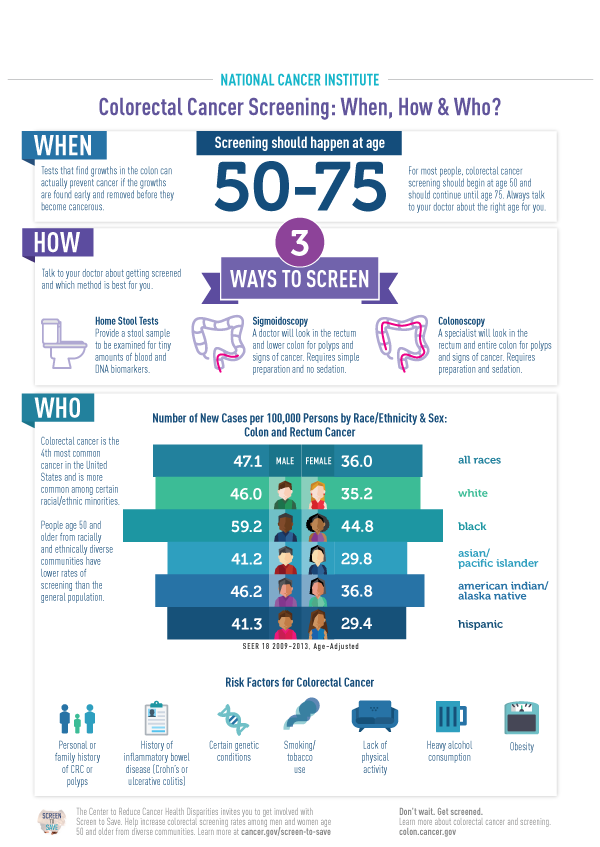Many younger patients see more than one doctor and face misdiagnoses before being given a diagnosis of colorectal cancer (CRC), according to recent research presented during a webcast ahead of the 2019 AACR Annual Meeting.
Researchers reviewed 1195 online surveys completed by individuals who were diagnosed with CRC before the age of 50 and found that 57% were diagnosed between the ages of 40 and 49; 33% were diagnosed between 30 and 39; and only 10% were diagnosed before the age of 30. Thirty percent had a family history of CRC and 8% were diagnosed with Lynch syndrome, which can be a genetic predisposition to the disease.
The majority of these younger patients (70%) were diagnosed with stage III or stage IV disease – a contrast to their older counterparts, who are more likely to be diagnosed at stage I or II disease, according to the researchers.
The researchers attribute this difference to lack of awareness and misdiagnosis, as over 60% of these patients waited over a year to see a doctor, and 67% of these patients saw at least two doctors before their diagnosis.

March is Colorectal Cancer Awareness Month. Learn more about how MSKCC is fighting colon cancer. The Infographic on this post is courtesy of the National Cancer Institute.